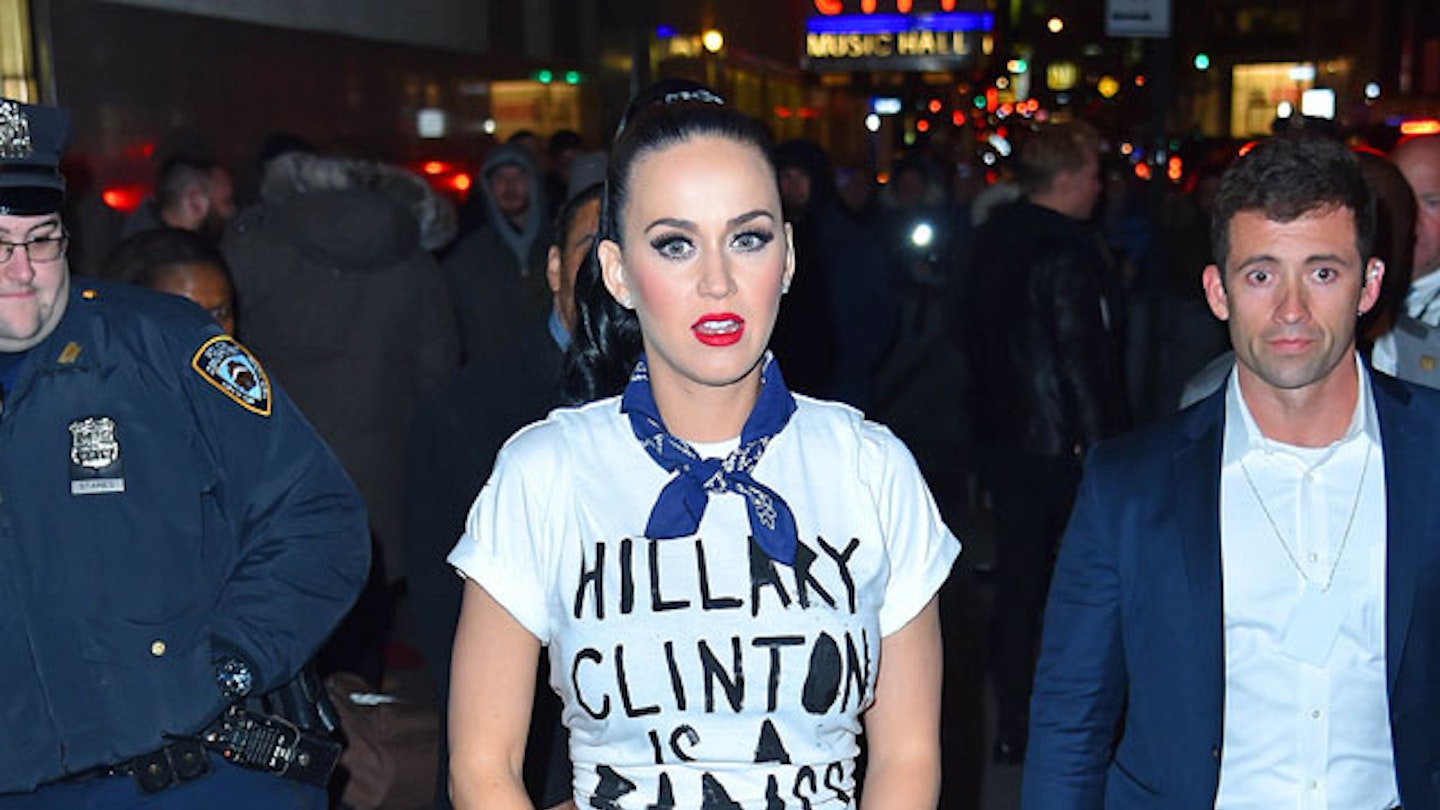With the US Presidential campaign in full swing and with us Brits still reeling from the effects of Brexit, politics has been a hot topic on both sides of the pond this year. Most people have a view on one or other, or both, of these issues and chances are, their view is strong. That’s how it should be. Politics is personal. Voting for the Democrats or the Republicans will be the most important decision an American voter will make for their country this year – just as Britons voting #In or #Out in the EU Referendum was the most important decision we made this year in Blighty. In an ideal world, the only people given a platform to influence these votes would be the very politicians seeking them in order to run the country.
However, in recent years, a culture has emerged whereby the job of ‘politically influencing’ has extended to beyond that of politicians, to beyond that of even political commentators, and landed in the lap of a body of individuals with generally no political experience to speak of: celebrities. Over the past year, a number of them have lent their support to political media campaigns designed to influence voters, and I am writing here to ask: why. Why them? Why are celebrities gifted air-time to voice their political views over and above other non-political figures, like say, everyone else...?
Let’s start with some obvious reasons, like, they might help a campaign. If a candidate is trying to rally support and they happen to hold favour with an A-lister, why wouldn’t they want to exploit that relationship? A-listers sell things – films, music, clothes – so why not recruit them to sell you? It seems logical.
That said, let’s look at how effective it is. In this country, not very. Benedict Cumberbatch, Alexa Chung, Paloma Faith and 247 other celebs signed a letter of support for the Remain campaign in this years’ EU referendum. Keira Knightley, Big Narstie and Lily Allen made videos about it. But we all know how that turned out.
In the States, however, it’s different. There, celebrities are in a class of their own almost on par with the First Family. And such sway do they have, sometimes the two even mix: like the Hollywood actor (he appeared in 53 films) who became the 42nd President of the United States. And the reality TV star from USA’s The Apprentice currently making a bid for presidency…
Another obvious reason that A-listers might be given a political stage is because they are as entitled to share their views as we are. They might do it on TV or the radio, yes, but is us doing it on social media any different?
The crux of the matter for me though is their misuse of – for want of a better word – power. Celebrities acquire ‘power’ because they have excelled in the entertainment industry. Why does it follow then that they are qualified to influence people on matters of politics? In short, what do they know?
The implication is, a lot – a least, more than we do. When celebrities throw their weight behind political campaigns, the assumption is they have a special (almost mystical) insight that none of the rest of us are party to. Well, obviously, they don’t. Like us, they are merely voters, trusting that whatever a candidate or campaign says they’ll do, they’ll actually do. Which means their opinion is no more valid than ours.
Point two on the irks-me-o-metre of this matter is that celebrity political endorsements belittle politics. When celebrities make impassioned calls for their fans to vote one way or the other, they’re not encouraging them to read-up on policy, to weigh-up the arguments, to make a decision based on that individual’s interpretation of what each candidate put forth. They’re encouraging fans to trust that they, the celebrity, know what’s best – because they have a good voice, or can play football, or spend their lives pretending to be someone they’re not, and because they believe they’re right.
Final point: giving celebrities this platform only serves to endorse the idea that the only type of success worth having, is fame. It perpetuates the myth that if you’re famous your political opinions must be worth hearing. Forget about the doctor who lives on a modest income, but saves lives and will be directly impacted, every day, by the healthcare policy of a candidate – we, society, do not value their views... at least, not above that Oscar-winner’s we don’t.
It makes such little sense.
Celebrities have every right to declare their political beliefs and allegiances. But they should not use their fame – which we have bestowed upon them for entertainment purposes – to try to make us believe them too. It may at times be entertaining, but politics is not entertainment.
